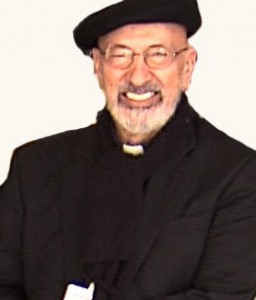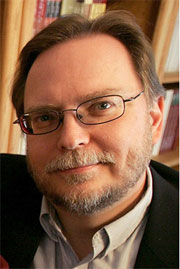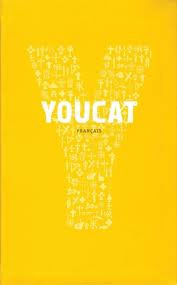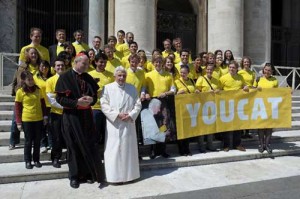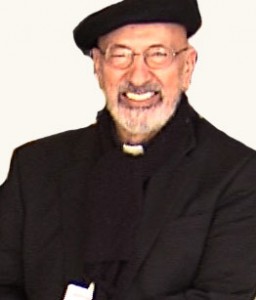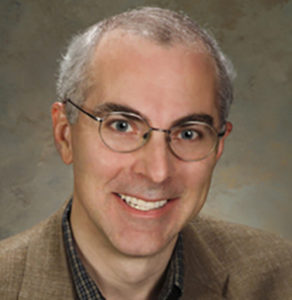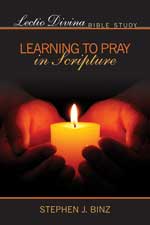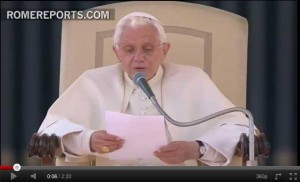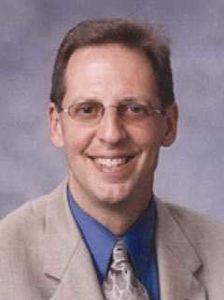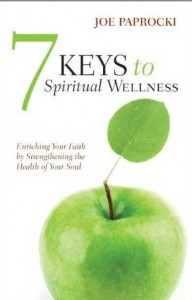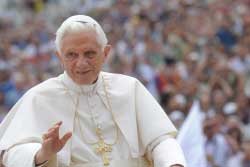
It was with great joy to be able to speak with Mary Ann Glendon about “The Forum and the Tower: How Scholars and Politicians Have Imagined the World, from Plato to Eleanor Roosevelt”. A fascinating book that chronicles not only the thoughts, but also the lives of 12 notable philosophers and/or statesmen throughout history. The “and/or” is important, because not all can can successfully combine both. In fact, only two in this particular work, are found to be that complete “Philosopher Statesman”. Why is that so? Why is difficult for one who develops a theory to put it into practice? And on personal level on my part, that this is one of the most enjoyable and engaging converstations I’ve been blessed to have in this particular “forum”. We also discuss Blessed John Paul II and Pope Benedict XVI and their influence in today’s world.
Mary Ann Glendon is Learned Hand Professor of Law at Harvard Law School, and is a former United States Ambassador to the Vatican. She holds A.B., J.D., and M.C.L. degrees from the University of Chicago. In 2004, Pope John Paul II named her as the first woman to serve as President of the Pontifical Academy of Social Sciences.
Podcast: Play in new window | Download (Duration: 27:59 — 25.6MB) | Embed
Subscribe: Apple Podcasts | Spotify | Amazon Music | Android | Pandora | iHeartRadio | JioSaavn | Podchaser | Gaana | Podcast Index | Email | TuneIn | Deezer | Anghami | RSS | More
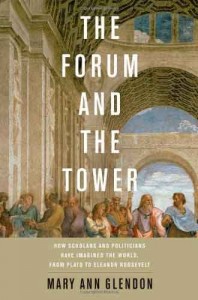 You can find the book here
You can find the book here
About the Book:
As Aristotle noted long ago, two very different and sometimes incompatible ways of life—the political and the philosophical—exert a powerful pull on the ambitious and talented members of any society. Mary Ann Glendon, who teaches at Harvard Law School, says that she sees this double attraction in her students. Some go into politics, but many turn away, fearful of the compromises and corruptions of power. Such students may go on to become teachers and scholars, but they never quite give up on the idea of “making a difference” in the wider, public world, even if they aren’t quite sure how to do it. Ms. Glendon’s The Forum and the Tower profiles 12 figures in Western history who struggled—not always successfully—with the conflict between an active life and a contemplative one, between ‘life in the public forum and life in the ivory tower.’… The Forum and the Tower is a wise exploration of the eternal tension between action and thought.
— Brian C. Anderson, The Wall Street Journal

